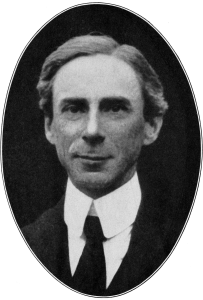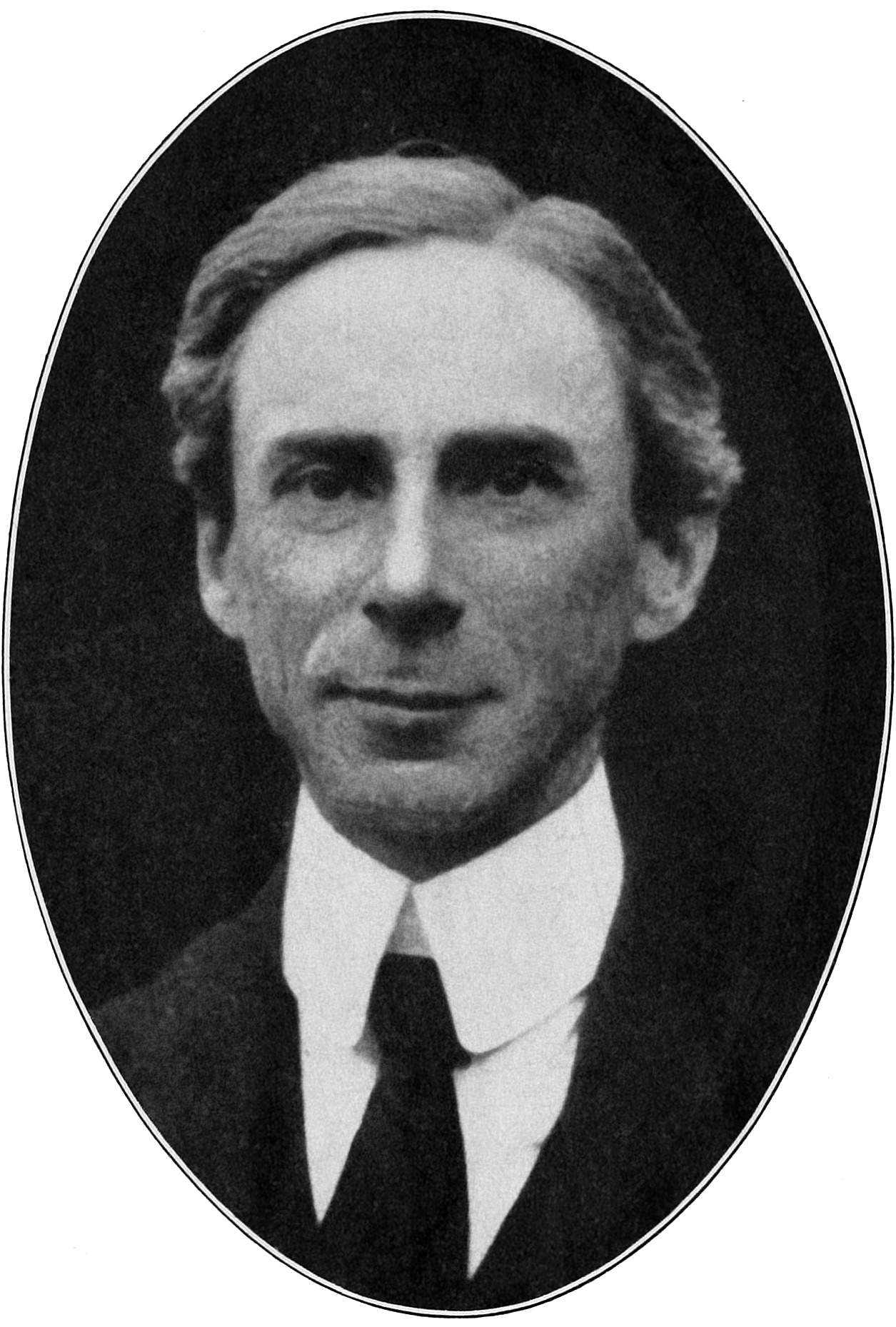 To Daniel MacGhie Cory
To Daniel MacGhie Cory
Via Santo Stefano Rotondo, 6
Rome. November 7, 1946
I have . . . Bertie Russell’s “Amberley Papers”, the biography letters and journals of his parents, Lord and Lady Amberley. Amberley was a soft sentimental ultra-consciencious youth, but egotistic and even cruel on occasion. The way he carried on and then abandoned a very nice middleclass girl, saying he “trusted that time would make her stronger” and that they “parted with the same trust, clinging to one another, the same pure loyalty to our sacred friendship”—she died a year or two later, while he married another girl–reminded me of my friend his son with his various lady-loves. But of course the book is rich in pungent foot-notes in the Voltarian or Gibbons-like tone that Bertie delights in: yet I feel how inhuman these high-principled self-righteous people are, and how troubled was their life in spite of their advantages—the greatest of which they didn’t appreciate. I have finished—that is, I have got to the end—of Sitwell’s book, after being cloyed with too much landscape and too much absurdity in the way of living described. This aristocracy deserved to disappear more than did the French, which didn’t go in so much for nominal virtue and superior judgement. Sitwell is an extreme example of the rich liberal who despises everything in his world except himself and the scent of flowers. But as you say they often write very well.
From The Letters of George Santayana: Book Seven, 1941-1947. Cambridge, MA: The MIT Press, 2006.
Location of manuscript: Butler Library, Columbia University, New York NY
